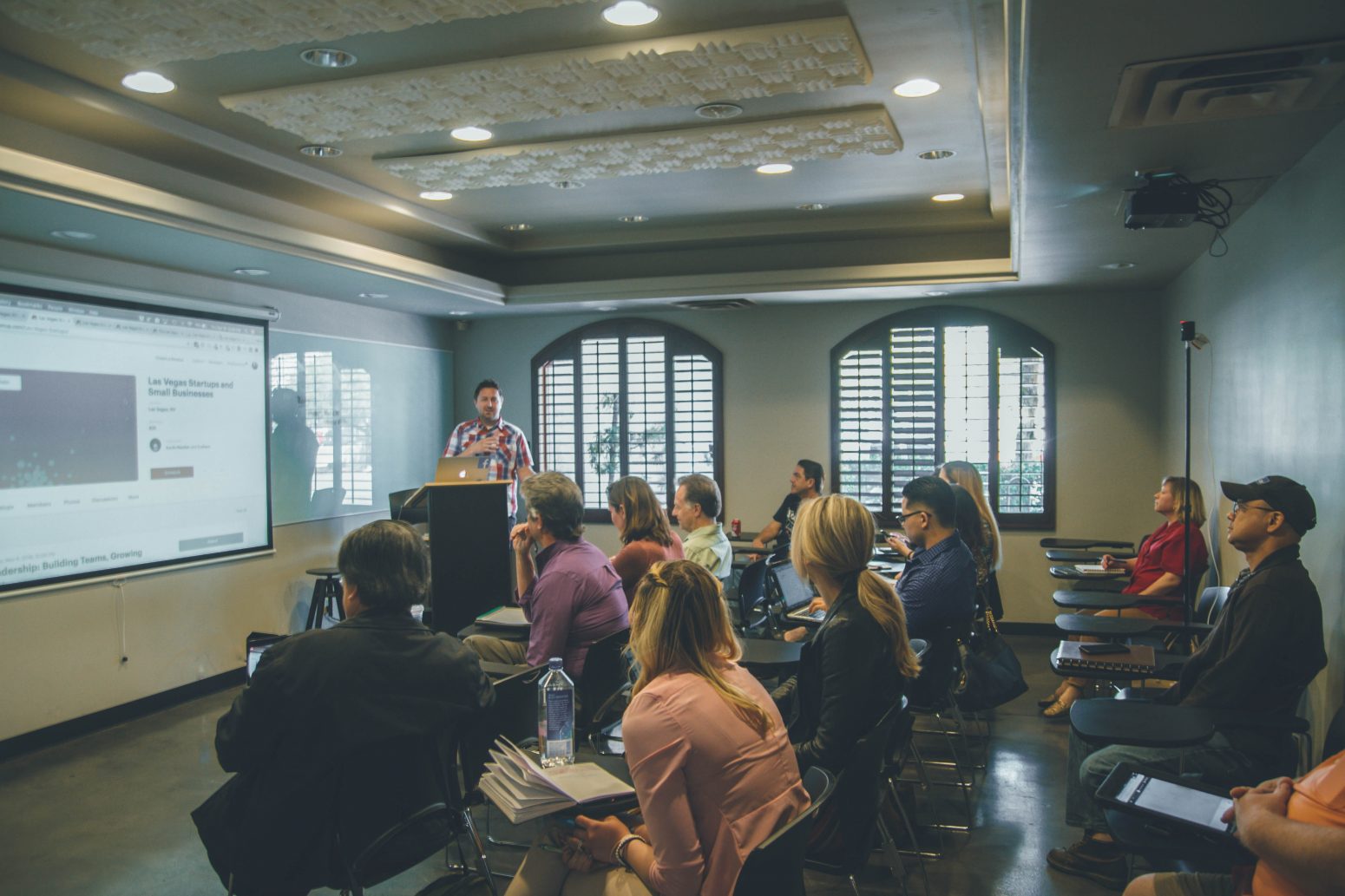Pracademic expertise and its value to Higher Education
Few would argue that higher education is in something of a state of flux. While some HEIs have traditionally recruited research-focused academics in order to strengthen their position within the Research Excellence Framework, increased competition had led to other HEIs marketing themselves through demonstrating how their links with employers can benefit their students and wider society. Our article makes calls on all HEIs to respond to the changing HE context which has seen the UK government encouraging HE and industry collaboration through the introduction of initiatives such as the Teaching Excellence Framework and Graduate Level Apprenticeships. In response to this new environment, our article makes recommendations for HEIs to recruit those with practitioner backgrounds as academics (‘pracademics’), recognising the added value that they bring to the student experience by drawing on their practitioner knowledge, skills, experience and values, and accessing employer networks.
Pracademics?
Our research expanded on the definition of pracademics to include those with previous and/or current professional experience. Some of the participants in our study were averse to defining themselves as pracademics with one suggesting, for example, that they found the term ‘really elitist’. Such reluctance may indicate that more could be done to define and promote this distinct group as important contributors to the wider HE environment and its connections with industry. We argue that ‘pracademic’ is a useful umbrella term for encompassing a group of academics with potentially diverse professional backgrounds who share a surprising number of commonalities.
The importance of values
The study highlighted the liminal nature of pracademics’ professional identities, with participants reporting that they adapted how they introduced themselves and their professional experience according to their audience. Conversely, participants conveyed consistent perceptions when discussing how their professional values influenced their approach to teaching and research activities. It was clear that these values manifested themselves in practice, for example through participants’ advocating to their students the importance of applying theory and considering its impact on ‘real world’ clients. Participants involved in either teaching and/or research revealed perceptions that they were frequently motivated by a desire to encourage progressive change within practice, based on their previous professional experiences.
How HEIs can harness pracademics’ expertise?
Our article makes specific calls for HEIs to:
- recruit academics from both academic and practitioner backgrounds to enhance the student experience
- create pracademic-driven communities of practice; and
- explore the potential for the development of induction and training programmes that acknowledge career transitions from practice into academia.
